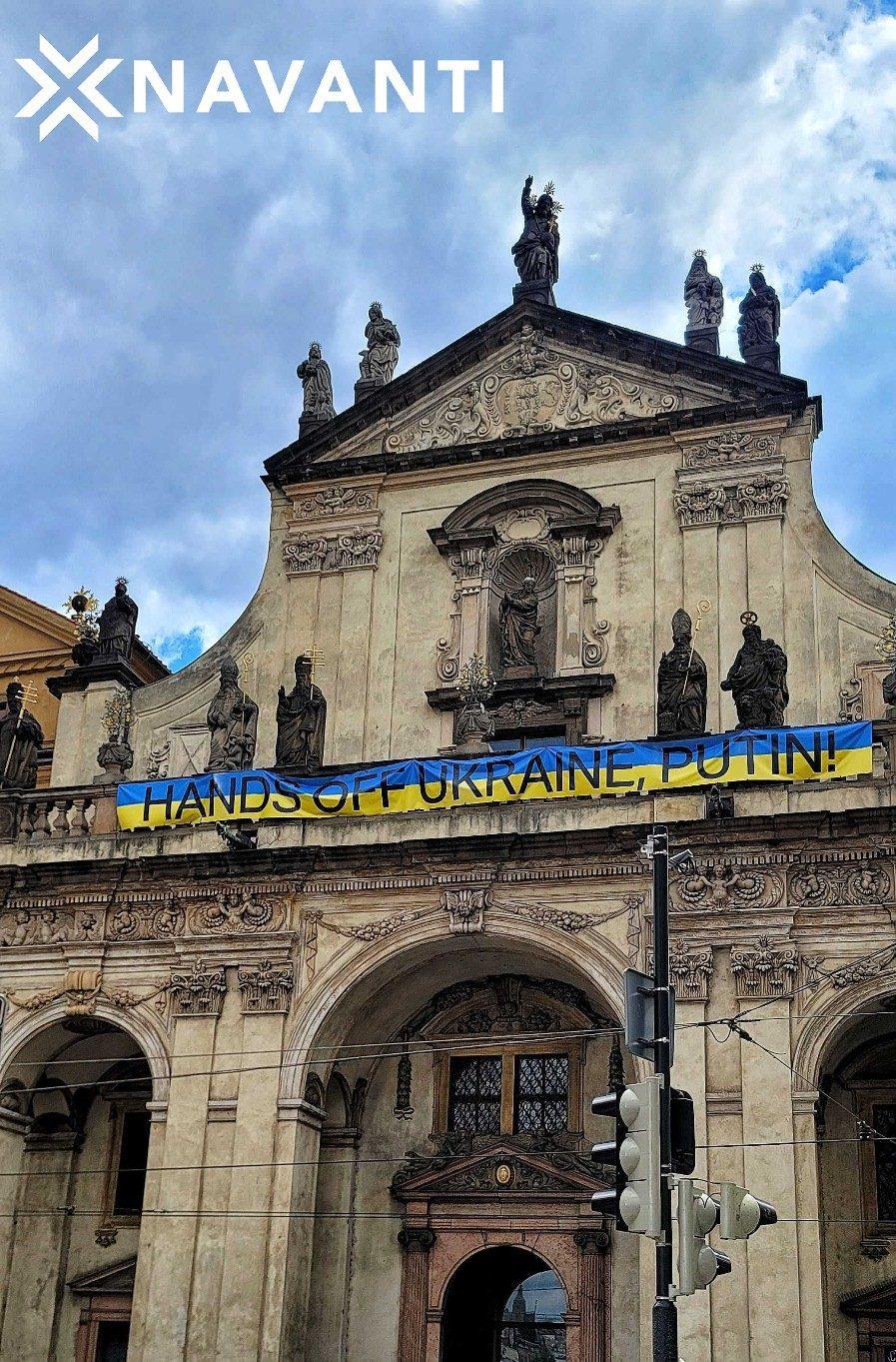What Our Analysts Are Reading – August, 2022

Navanti’s data collection and analysis are based on networks of on-the-ground researchers from all walks of life: journalists, academics, and humanitarian workers, to name a few. Our analysts also keep abreast of open source reports to inform their work. Below, these analysts have summarized and contextualized the most important pieces they have read and listened to over the past month.
Belarus
Using Belarus as a case study, the authors of the report: “Authoritarian Cooptation of Civil Society: The Case of Belarus,” discuss how authoritarian regimes can coexist with a robust civil society through cooptation and depoliticization of civil society movements. They then discuss how Belarus’ civil society turned political in 2020 in response to overlapping crises, illustrating the capacity of apolitical associational activities to facilitate political participation and the limits of cooptation as a strategy for shoring up regimes.
Kyrgyzstan
The OSCE Academy published the findings of a two-year study observing the trends of and strategies employed by Chinese information campaigns in Kyrgyzstan. As China expands its influence throughout Central Asia, Kyrgyzstan’s interactions with China have mirrored regional trends to the extent that China now takes a significant role in the dissemination of mass media. The OSCE study found that China employs a three-pronged approach of mutually supportive initiatives to encourage pro-Chinese narratives:
(1) inserting pro-Chinese content into Kyrgyz media, (2) establish a local presence for Chinese media outlets, and (3) engaging on social media. In doing so, China has built a burgeoning system of messaging and engagement in Kyrgyz media, even going as far as publishing in print and on social media in Russian.The increased focus on China’s “whole-of-society” approach to Central Asia signals two important ramifications for the Sino-Central Asian relationship. First, a potential pivot away from uncoordinated military and economic aid programs towards a united, all-front influence campaign demonstrates changing calculus from Beijing in the face of uncertainty of the post-COVID globally economy. It is also likely that elites in Beijing realize the necessity of increased messaging to accomplish the long-touted Belt and Road Initiative projects. Secondly, increased messaging campaigns and involvement on social media allows for China to monitor potential unrest on its far western border that could spill into Xinjiang. While domestic security has always been a factor in Chinese policy in Central Asia to a certain extent, unrest in Kazakhstan, Tajikistan, Uzbekistan, and Afghanistan in 2022 alone shows the region’s potential as a hotbed of unrest.
Mozambique
The insurgency in the Cabo Delgado region of Mozambique has caused massive displacement, which has disproportionately affected women and children. The security situation has significantly thwarted people’s access to income and opportunities, especially for women, given that their access to farmland and mobility has been reduced. This Rapid Gender Assessment unveiled that gender-based violence is likely to increase as access to income is reduced. Other factors, such as male-centered decision-making structures in resettlement centers, and the fact that men are usually registered as the recipients of aid, only further the precarity of an already difficult situation for women and children.
Ukraine
The Conflict Observatory published the report of the Yale School of Public Health’s Humanitarian Research Lab (Yale HRL) on the filtration system in Ukraine’s Donetsk oblast controlled by Russia’s occupying forces and their proxies. This filtration system is the physical infrastructure and process used to register, interrogate, and detain Ukrainian civilians, prisoners of war, and others in areas Russia and its aligned forces occupy. Photos, videos, and maps illustrate the report’s findings and establish a timeline to understand how the system works. The report found more than 20 filtration facilities and concluded that their conditions constitute degrading treatment under international human rights law.
Vice News published a piece about anti-government extremist Boogaloo Bois making their way to Ukraine. The Russian war in Ukraine has been seen by some extremists as as a proving ground, an opportunity to gain combat experience and clout that they can then bring back to their home countries. Though most are likely ideologically neutral on the war itself, the accelerationist streak prevalent among the Boogaloo Bois lends itself to sowing chaos and mayhem, putting Ukrainians, and their cause, at risk. Though right now just a handful of Boogaloo Bois are confirmed to be in Ukraine, they pose a threat for exponential damage when they return to the United States and commence training their brethren, probably poorly.
Yemen
Ghaidaa Alrashidy writing for the Sana’a Center For Strategic Studies explores the growing market for women entrepreneurs amid a wartime economy that has given some households wealth, while other households must seek alternative income streams. A growing number of women have started informal businesses in cooking, making incense and perfumes, sewing and handicrafts, finding ways to cater to those households that enjoy disposable income in the wartime economy. The Aden Chamber of Commerce’s Union of Small Project Owners aims to give these women with small informal businesses formal protections and business advice to shift into formal enterprises.

